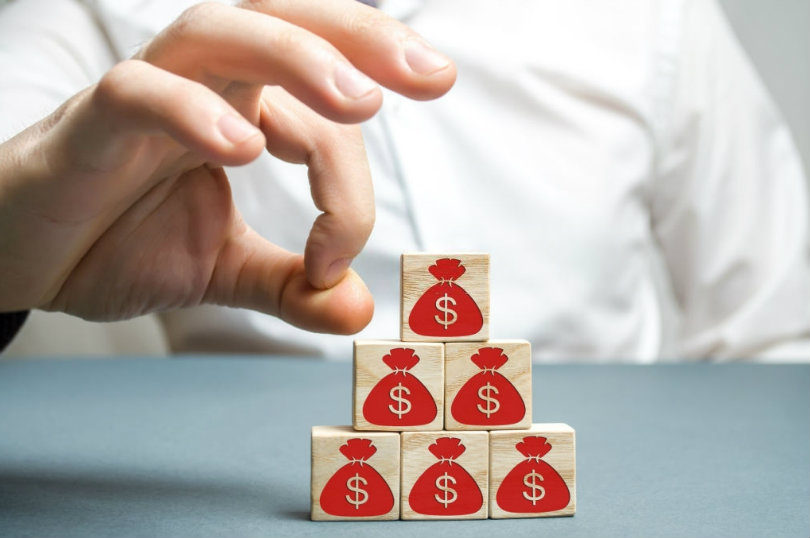Minimalism has become a quite popular practice in recent years. It allows you to live a more focused life-buy only the most necessary and high-quality things, appreciate what is there, and not clutter your home with things. All this contributes not only to saving money, but also time. After all, cleaning and organizing things in the house becomes much less. Minimalism is a continuous process. Creating a consistent and “healthy” budget will help you reduce expenses and subsequently reduce anxiety and stress. To keep track of your minimalistic budget, you can use our Home accounting program for ease and convenience.
When you are just starting on the path to minimalism, it is important to start with the smallest steps. Here are the most important actions and principles to implement at the beginning:
1. Quality purchases, and not their number
Minimalism, of course, does not mean that you will never do shopping again. You just need to shop more consciously. For example, if you need a new pair of sneakers, invest in quality products that will last you a long time. Following this rule, you will often have to buy things with a higher price, but you will save money in the long run. Thanks to this principle, you also reduce waste and make a small contribution to the environment.
2. E-books
If you are a big reader, consider switching to digital alternatives to paper books. This will save space in your home and allow you to always find what you want; in a few minutes, instead of a long trip to the store. If you are strongly against e-books and it is important for you to physically feel the pages and volume of a paper book, consider writing to the nearest library. It’s free and eco-friendly.
3. Extra things
One of the most important principles of minimalism is getting rid of everything that you don’t really need. Clutter is not a purely mechanical process. Here it is important to think and formulate the values and goals of your life. And understand what things correspond to these values and your idea of beauty. All other items must be gradually distributed, sold or exchanged.
4. Investing in reusable items
When you start emptying your home, think about which things can be reused and which can be replaced with long-playing counterparts. For example, one of the simplest changes is to replace plastic water bottles and storage containers with glass ones. Or buying a reusable coffee cup for takeaway, many coffee shops also give good discounts for using their containers.
5. Each thing in its place
When you have only the things you need and love, it’s time to give each item its own place in the house. Make it a rule to immediately put things in their clear place after they have been used.
6. Investing in experience
A popular practice in minimalism is to prioritize the purchase of material items. Most often, shared memories, trips, learning new things, etc. bring us more joy and meaning than chasing new gadgets, clothes, and going to restaurants. Although the latter, of course, can also be necessary and important expenses, if you do it consciously and with your values in mind.
7. Correction of the budget
Take the time to evaluate your current spending habits, then analyze them consistently and adjust your budget. Gradually get rid of unnecessary things that take up space and events that drain your energy. When you get a taste of it, you may want to get rid of even the things you thought you couldn’t live without.
8. Gratitude
Practice gratitude and focus on the good things you already have. Instead of browsing social networks in the evening, write three or five things that you are grateful for. A morning written thank you can lift your spirits and help you prepare for the day ahead. These practices effectively help to get rid of the desire to buy things that you do not need, in an attempt to reduce dissatisfaction with life.
The transition to a minimalistic life can take a long time, but the result is worth it. This will help you avoid cluttering your home, experience less stress, achieve greater clarity in your values and goals, manage your budget more clearly, and constantly save without losing quality of life.
Write in the comments, is minimalism close to you? Or do you consider it important and necessary to consume without restrictions?








Leave a Comment